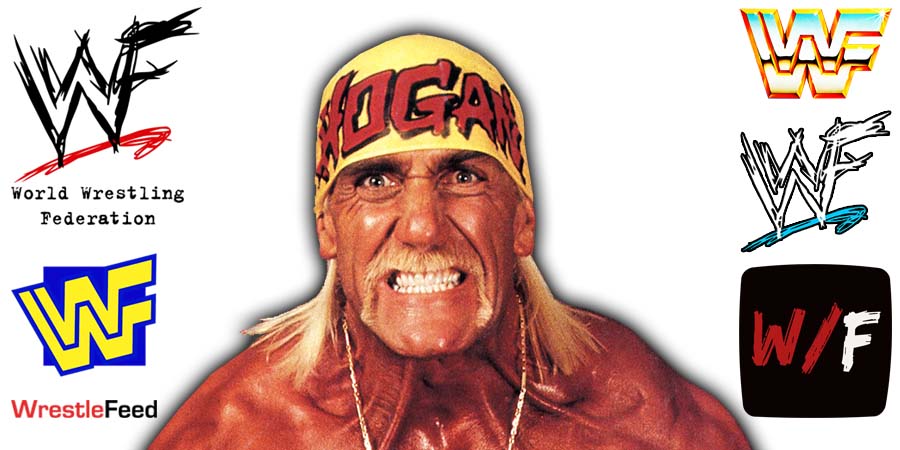In a recent interview with Justin Barrasso of Sports Illustrated, wrestling icon Hulk Hogan shared his insights on the downfall of World Championship Wrestling (WCW), a promotion that once dominated WWE Raw in the ratings for an unprecedented 83 weeks.
The new “Who Killed WCW?” series explores the dramatic rise and fall of WCW, with Hogan’s tenure and his unforgettable New World Order (nWo) storyline being some of the most significant chapters in wrestling history. Hogan, however, chose not to participate in the Vice TV project but still had plenty to say about the factors that led to WCW’s collapse.
The AOL-Time Warner Merger: A Death Knell for WCW
Hogan pointed to the 2001 merger between America Online (AOL) and Time Warner as the primary cause of WCW’s demise. He described how the corporate climate created by the merger was inhospitable to professional wrestling. “It’s not the flashiest story, but I can tell you what killed WCW. There was no way WCW was going to survive, not under those circumstances,” Hogan stated.
Eric Bischoff’s Uphill Battle
Hogan defended Eric Bischoff, the man widely credited with WCW’s initial success, noting that Bischoff was up against insurmountable odds due to corporate disinterest and disdain for wrestling. “So many people knock Eric, but there was an opposition he was dealing with from the higher-ups in the company. He just wasn’t going to win that battle,” Hogan explained.
Corporate Misalignment
According to Hogan, the executives at AOL-Time Warner had little understanding or appreciation for wrestling. Their preference for traditional programming over what they saw as lowbrow entertainment was a fundamental issue. “These were executives who had no idea what wrestling was all about, and they had no interest in learning. They wanted more traditional programming. They didn’t want rasslin’ in their high-brow portfolio. They weren’t interested, and nothing else mattered,” he added.
The Importance of Telling the Whole Story
Hogan expressed his hope that the “Who Killed WCW?” series would highlight the significant challenges Bischoff faced. He believes that understanding these obstacles is essential to telling the complete story of WCW’s rise and fall.
Meanwhile, Evan Husney, one of the series’ producers, commented on the absence of Sting and Ric Flair from the project, suggesting that their perspectives might have further enriched the narrative.
The fall of WCW remains a pivotal moment in wrestling history, and as Hogan’s reflections reveal, it was a complex event influenced by corporate dynamics far beyond the ring.
WATCH: WCW Diva Major Gunns (Tylene Buck) Removes Her Clothes:

